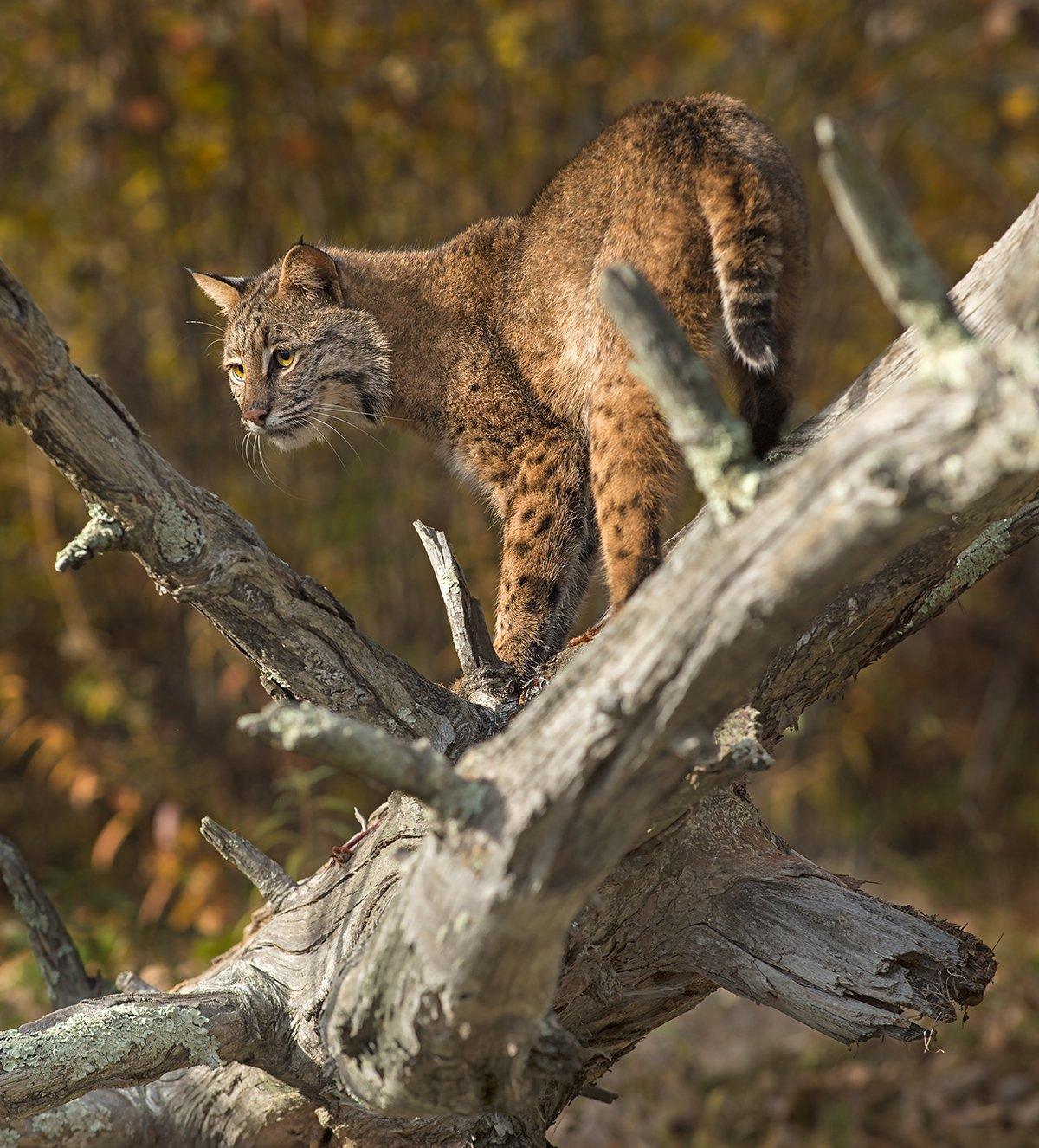Hunting, Trapping Could Begin in December

On Feb. 17, the state's Fish and Game Commission voted 5 to 4 in favor of moving ahead with a proposal to establish the season, according to a press release from the Sportsmen's Alliance. New Hampshire hasn't allowed bobcat hunting or trapping since 1989, when officials closed the season after recording population declines. Now, however, biologists estimate the state has at least 1,400 breeding bobcats, and the population has grown by 10 percent annually.
We're pleased that the commission was able to see past the extreme rhetoric of the anti-hunting community and make their decision based on sound science and data, a staple of wildlife management in this country, Evan Heusinkveld, Sportsmen's Alliance interim president and chief executive officer, said in the release. Sportsmen and wildlife-management professionals have a long history of working together to ensure the survival and growth of a given species. We're certain they'll do the same for New Hampshire's bobcat population.
The New Hampshire Fish and Game Department has proposed issuing 50 bobcat permits through a lottery. The proposal came about after a collaborative study between the state and the University of New Hampshire, concluding that a limited season would not adversely affect state bobcat numbers. The harvest quota is conservative, considering the state's bobcat population is estimated to be growing by 150 animals per year, the Alliance said.
The new season would open in December 2016, with trapping in December followed by hunting in January, the release said. That parallels New Hampshire's fisher season. Hunters and trappers would have to turn in harvested bobcats to the Department of Fish and Game to let biologists collect data. However, hunters and trappers can keep bobcat pelts.
The agency recently held two public hearings on the proposal, drawing sharp opinions from both sides of the issue. The Fish and Game Department pointed out on its website that the agency would not profit from bobcat hunting and trapping, as the cost of implementing the proposed season would be $15,000 to $20,000 per year, and permit revenue would only produce up to $5,000.
The Joint Legislative Committee on Administrative Rules must also approve the season before permits can be issued, the Alliance release said.






